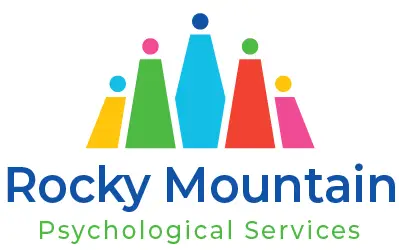FAQs
Will my child be tested for learning disabilities or ADHD during a gifted assessment?
Not automatically. A gifted assessment focuses on identifying intellectual strengths. If learning or attention issues are suspected, we may recommend a broader psycho-educational assessment to evaluate both giftedness and potential learning challenges.
Does a gifted assessment cost more than a regular evaluation?
Costs depend on the number of components (cognitive, academic, or emotional). A giftedness assessment may be shorter than a full psycho-educational evaluation. We provide transparent pricing during your consultation so you can choose the best option for your child.
How long does a gifted assessment take?
Most children complete testing over two sessions (1–2 hours each), followed by a feedback meeting within about two weeks. The full gifted test process typically takes 3–4 weeks from start to finish.
Can a gifted assessment be done online?
Some parts, such as the intake interview, can be completed virtually. However, standardized IQ testing must be done in person to ensure validity and fairness.
What if my child doesn’t qualify as gifted?
Every child has unique strengths. Even if scores fall below the formal gifted range, the gifted assessment identifies valuable insights about learning style, motivation, and strategies for confidence and success.




